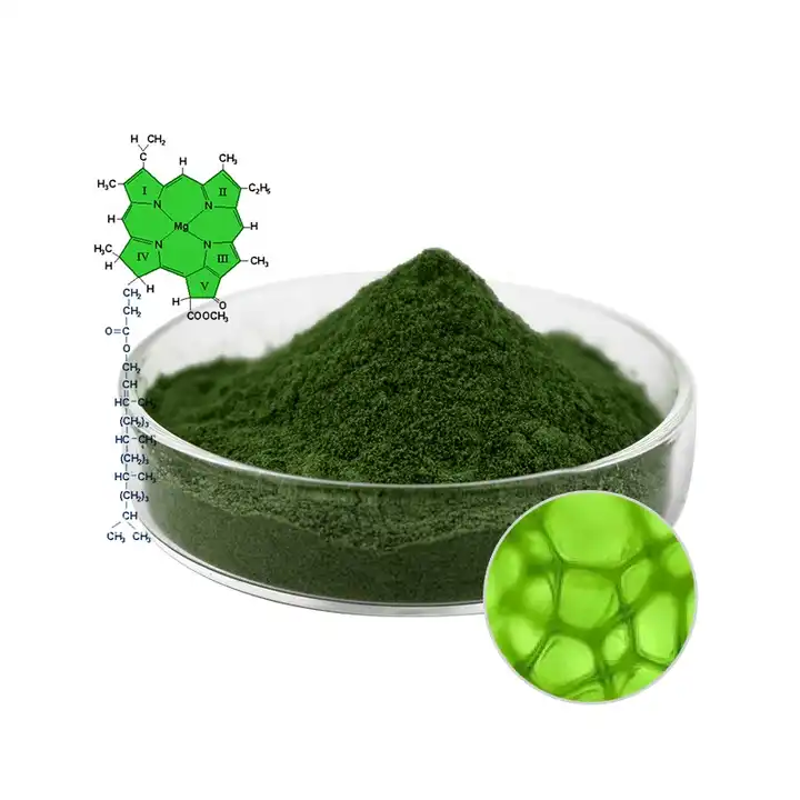Studies have shown that inhibitory therapy has new interventional targets
-
Last Update: 2021-02-20
-
Source: Internet
-
Author: User
Search more information of high quality chemicals, good prices and reliable suppliers, visit
www.echemi.com
The team of Huang Zhuo researchers from the National Key Laboratory of Natural Medicine and Bionic Drugs of Peking University School of Pharmacy and Associate Professor Liang Jing of Peking University's School of Basic Medicine recently published a paper online in the internationally renowned journal Of Psychiatry, which sheds light on the role of pre-brain proteomics and the development of the ode genetic molecule CDYL in the development of depression and its molecular mechanisms, providing a new theoretical basis for the treatment of depression.
, depression is a common mental illness in modern society, affecting the normal lives of more than 300 million people. The occurrence of depression is not only regulated by genetics, but also closely related to environmental stress such as stress, traumatic memory and other factors, but the molecular mechanism of environmental stress leading to the onset of depression is still unclear. The team focused on the obiturous genetic changes in the brain caused by environmental stress, using the hismoprotein barbedin modification regulated by the obitogen factor CDYL (i.e., the introduction of bacarbonyl groups on the lysine residue of the histoprotein) as the starting point, corresponding to the pathogenesis of depression caused by the onset of the intense study.
researchers found a significant increase in the expression of a histoprotein barbate hydrolyzed enzyme and transcription inhibitor CDYL in the pre-edge cortical cortical layer (PL) in depressed mice, and a significant decrease in hismoglobin beanylation levels. Over-expression of CDYL in PL can increase the susceptibleness of mice to depression; The researchers also found that CDYL can regulate the development of stress-mediated depression by tweeding and inhibiting the expression of neuropeptide VGF to affect the plasticity of nerve synapses. The study was the first to report on the role of hismopylamylamide modification in depression, and to link external environmental stress to the onset of depression in molecular mechanisms. (Health Journal)
This article is an English version of an article which is originally in the Chinese language on echemi.com and is provided for information purposes only.
This website makes no representation or warranty of any kind, either expressed or implied, as to the accuracy, completeness ownership or reliability of
the article or any translations thereof. If you have any concerns or complaints relating to the article, please send an email, providing a detailed
description of the concern or complaint, to
service@echemi.com. A staff member will contact you within 5 working days. Once verified, infringing content
will be removed immediately.







